A common definition for homelessness is the lack of appropriate or stable housing. And while there are growing populations of unhoused individuals in Canada, the need does not stop there.
Homelessness exists on a broad spectrum of housing situations that might look different depending on the communities and context, such as a young woman sleeping on a friend’s couch or a family living in a home without electricity. When developing a social services approach to meet the needs of those experiencing homelessness, it can’t be one-size-fits-all.
That’s why The Salvation Army’s community and family services (CFS) in Listowel, Ont., opened the HOPE Links Connection Centre this past summer to meet a range of needs in their community through necessary and practical supports.
Partnering for Change
Listowel’s CFS team served on a homelessness task force with United Way and other agencies where they learned about the needs of those in their area. They began to look at what options were available to the community, as well as options that were not currently available but desperately needed, such as shower and laundry facilities.
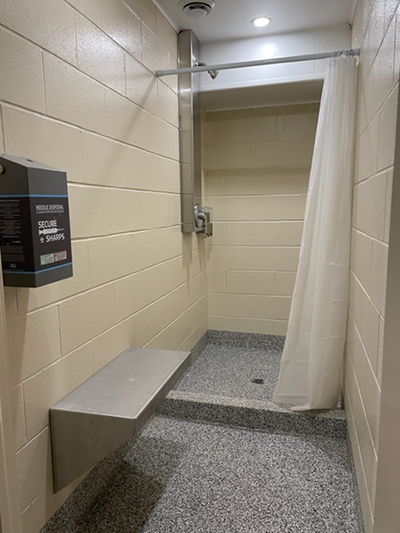
The centre is a hub for people to use shower and laundry facilities, access hot meals and learn about other services offered in the area
In 2020, Listowel’s CFS, in partnership with United Way Perth Huron, began a temporary hot-meal program, and although they understood there was a growing need for it, they did not realize to what extent. They expected an average of 120 individuals accessing meals each week. The hot-meal program ended up averaging 185 clients per week.
Once they saw the true need in the community, they began to develop a more concrete plan for new programming. “We created a breakaway committee from that initial homelessness task force to look specifically at our program, to talk about what it should have and who it should serve,” explains Gwyneth Woods, CFS manager.
As part of a granting process, Listowel’s CFS applied for funding from United Way. “United Way has been a fabulous partner,” says Woods. “It has been good to use common resources and work together. They are also looking at connection centres in other communities, so it fits in well with what they’re doing.”
“United Way continually seeks to understand social problems and collaborate with others to find solutions. Knowing their expertise and reputation, our first call was to The Salvation Army with an invitation to join our efforts,” says Ryan Erb, executive director at United Way Perth Huron. “As the conversations led to recommendations, it became clear that the major initiative would be a place to provide basic needs and connections to services—this is where the vision for the HOPE Links Connection Centre was born.”
United Way connected with a local couple who had purchased an old Anglican church building and decided to partner with The Salvation Army to renovate a space uniquely for the HOPE Links Connection Centre.
“We are thankful to partner with The Salvation Army in Listowel. Their on-the-ground expertise, strong reputation and relationships with stakeholders makes it an easy choice,” says Erb. “We hope that together we can continue to meet the needs of people in the here-and- now while working at the root causes to reduce poverty.”
New Opportunities
“As opposed to opening strictly a shelter or food services program, we wanted to touch on a broader spectrum of individuals in our community,” says Woods, who notes that Listowel often sees populations of people who live outside, as well as people who are provisionally housed in non-permanent shelter situations. In addition, there are individuals who, while housed, may lack electricity or water in their home.
“These individuals go by unnoticed,” Woods adds. “People don’t see that there is anything wrong. So, we wanted to not only reach each of those groups, but open the centre up so residents who are straddling those lines can also access help.” The HOPE Links Connection Centre opens its doors to those living in orat risk of poverty or homelessness, facing under employment or who have mental-health needs.
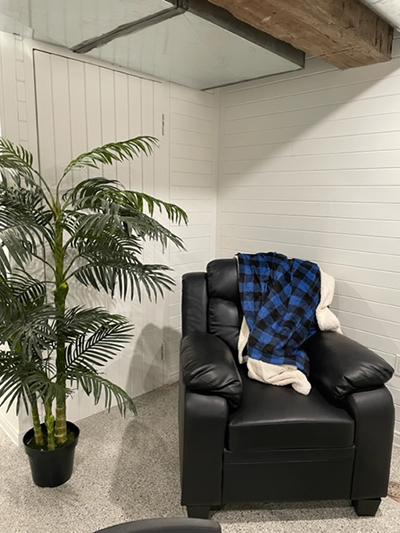
HOPE Links is a place to sit, relax and connect with others in the community
“We opted for a program that combined showers, laundry and hot meals. We wanted to focus on the idea that we could also be an opportunity for connection, whether that meant connection with our staff and volunteers, or with the community as a whole, including other service agencies and program providers, to let people know what’s available and help them get connected to those programs,” explains Woods. “This will provide an easier access point for people in Listowel.”
As a small rural community, Listowel does not have many local programs and services—most are operated in larger city centres. The HOPELinks Connection Centre is just the beginning of a greater plan to extend more services to the community, connected by the shared mission of giving hope in Listowel—Harvest of Hope, an educational garden; HOPE Links; and soon, HOPE Eats, the rebranded hot-meal program.
“The idea is that they’re linked to each other, they’re linked to us and they’re linked to community,” says Woods.
“We call our volunteers ‘allies’ and I think that sums up our goal at the centre—we walk alongside people as they work toward their own goals,” says Woods. “We want to be a place where people can come and feel welcome. We’re not just here to check a box. We want to know their names and get to know them. They are welcome to come as they are.”




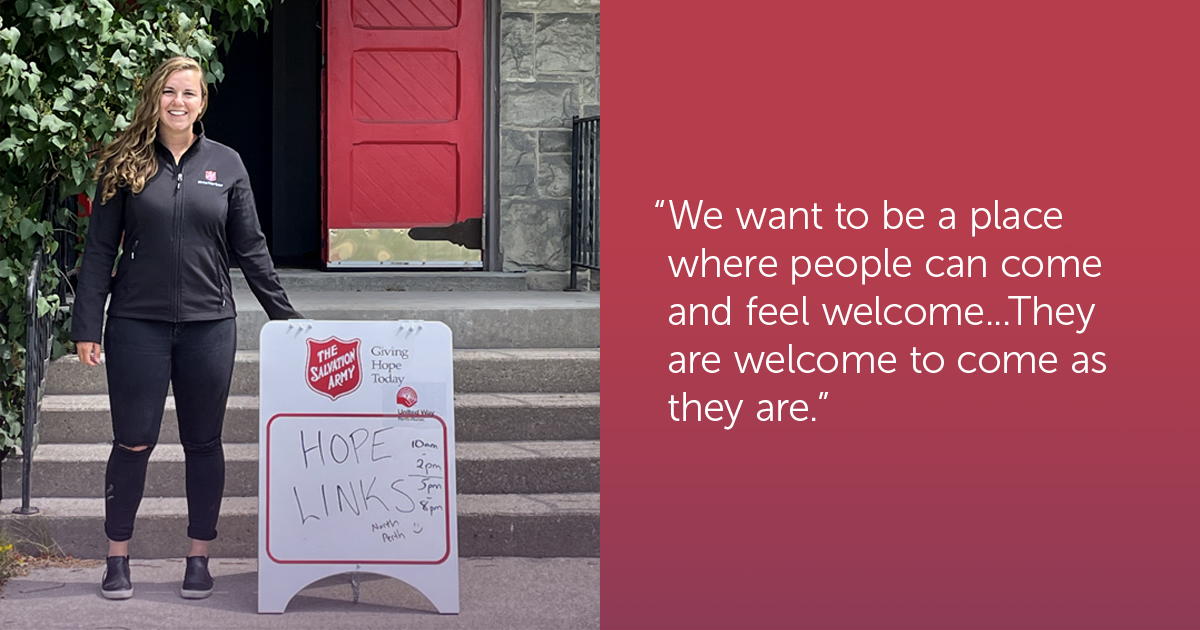
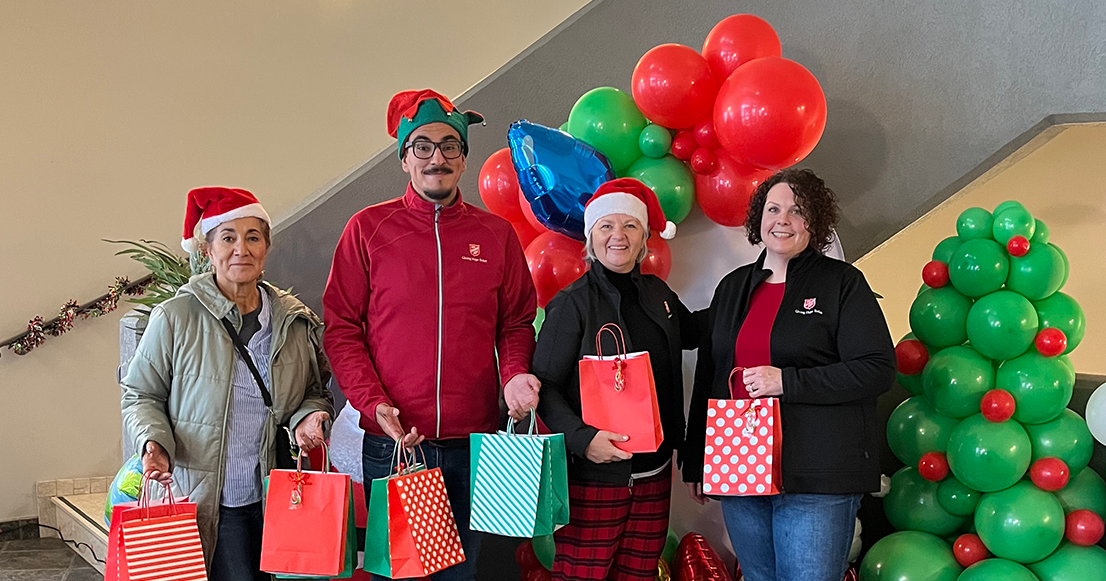
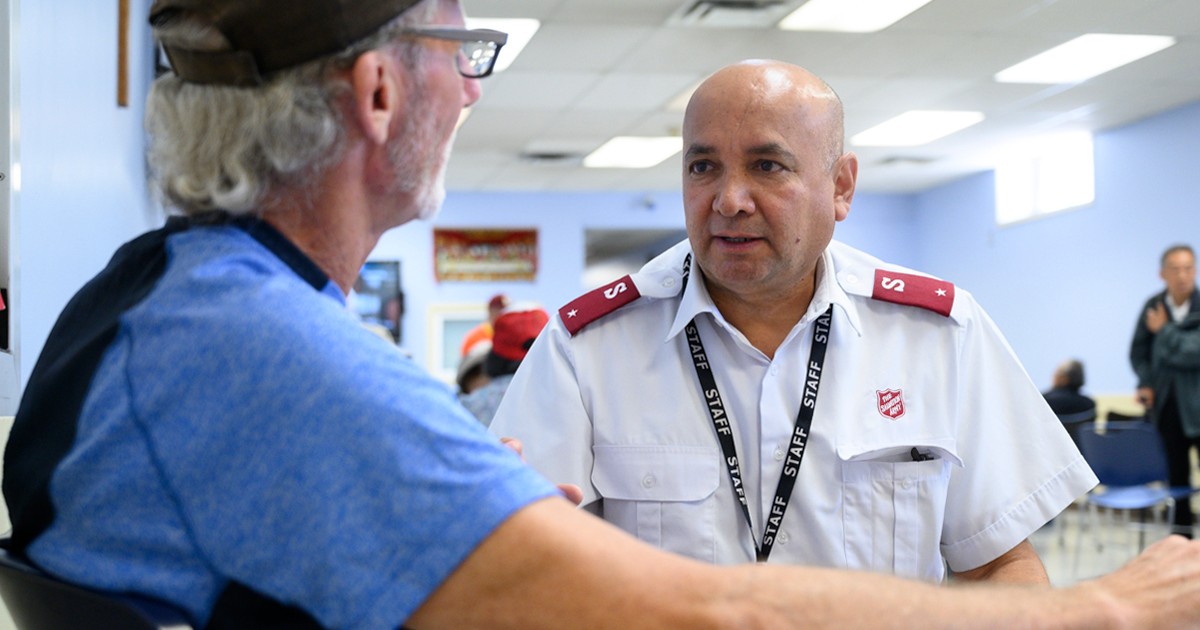



Leave a Comment